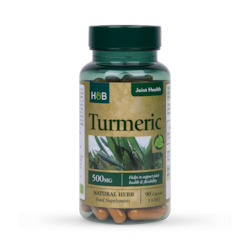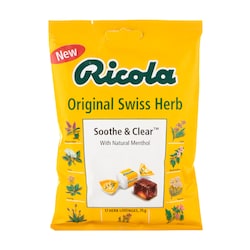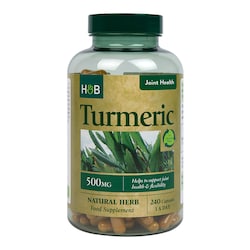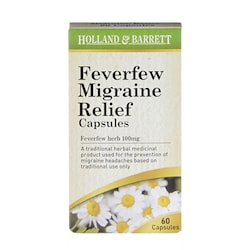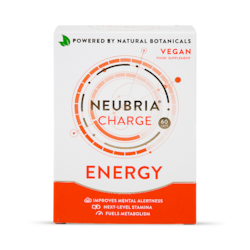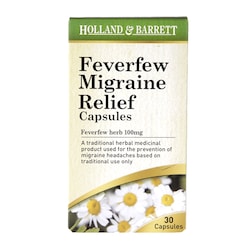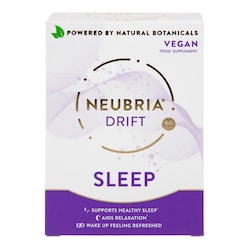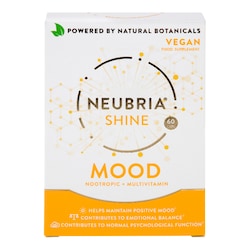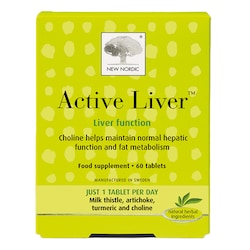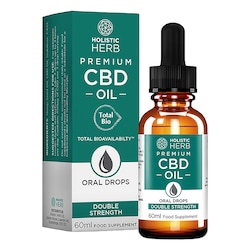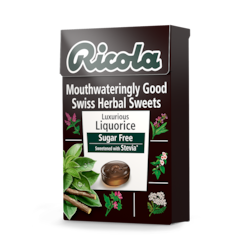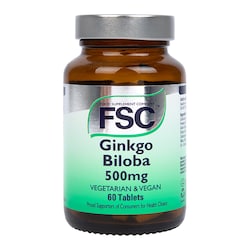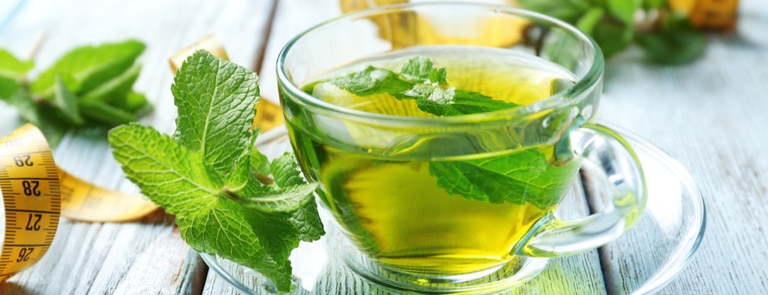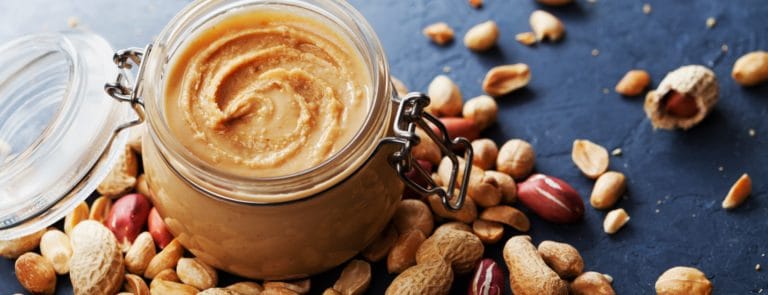20% off £30
Guide to using ashwagandha for weight management
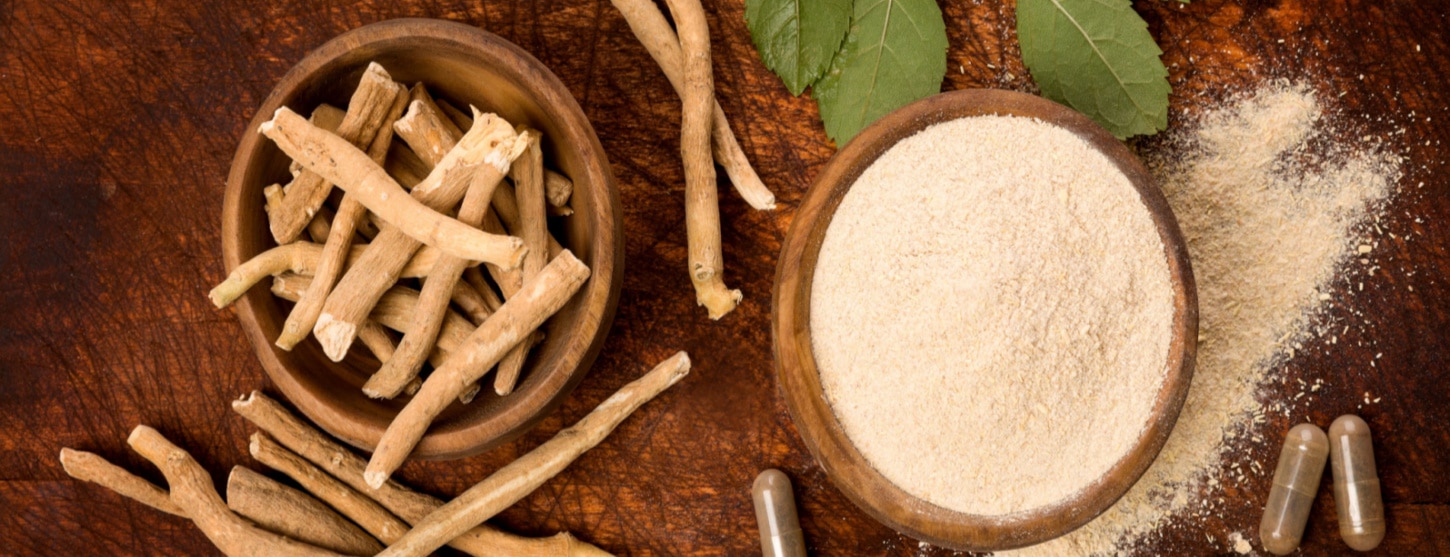
Supporting brain function and memory to improving libido, ashwagandha has a wide-ranging reputation.
So, how does ashwagandha help with weight management?
From increasing testosterone levels to reducing cortisol levels, ashwagandha can work in clever ways to help increase muscle mass and reduce body fat. Discover how ashwagandha can aid weight management and the recommended daily dosage for gaining muscle mass or losing weight from our guide.
Skip to:
- Ashwagandha and cortisol
- How does ashwagandha help with muscle growth?
- Ashwagandha and testosterone
- How does ashwagandha help with weight loss?
- The final say
Ashwagandha and cortisol
Firstly, it’s useful to understand how ashwagandha could influence weight management.
Ashwagandha is an adaptogen – this is a herb thought to improve the body’s ability to cope with stress. Therefore, taking ashwagandha could influence your stress hormone – cortisol. Cortisol provides us with our ‘fight or flight’ function, operating on high emotions as well as physical stress.
Multiple studies have shown that ashwagandha supplements could help to lower cortisol levels, reducing levels of perceived stress.1 But how does that relate to muscle growth and weight management?
The more cortisol you have running through your body, the less likely it is that your body can stay in its anabolic state - which is a state required to build muscle. That’s why ashwagandha is considered helpful in muscle growth, as its most prominent feature is its ability to reduce cortisol levels.
Recommended dosage: if you’re taking ashwagandha to help lower cortisol levels, it’s recommended you should take between 500 – 600mg a day for six to 12 weeks.
How does ashwagandha help with muscle growth?
As highlighted above, there’s a significant link between ashwagandha reducing stress levels in the body, meaning your body could stay in an anabolic state for longer. The main study supporting this theory involved analysing 57 men who consumed 300mg of ashwagandha root extract twice daily. In addition, the treatment and control groups underwent resistance training for eight weeks.2
This led to “significant increases in muscle mass and strength” and more than doubling their reductions in body fat percentage compared to the placebo group.
Another study analysing healthy men concluded that an increase of strength in muscle activity was significant, as well as a reduction in total body fat percentage.3 This supports the proposed benefits of ashwagandha for bodybuilding and muscle growth, as well as helping contribute to a reduction in body fat.
Recommended dosage: if you’re taking ashwagandha to help increase muscle growth, it’s recommended you should take daily dosages of 500mg.
Ashwagandha and testosterone
Another important piece of the ashwagandha puzzle is the impact it has on testosterone levels. As a hormone, testosterone plays an important role in driving muscle growth. It means that the more testosterone you have in your body, the more recovered your muscles can be, which leads to a faster growth rate.
As well as reducing cortisol levels, ashwagandha has proven benefits of aiding infertility in men. For example, a study showed taking 5g of ashwagandha daily for three months increased sperm count and motility.4
Another study found that an ashwagandha supplement increased males’ fertility rate by 14%.5 So, while ashwagandha is quietly working away to reduce your cortisol levels, simultaneously, testosterone levels are rising, which aids the ability to grow muscle mass.
Recommended dosage: if you’re taking ashwagandha to help increase fertility levels, it’s recommended to take 5g per day.6
How does ashwagandha help with weight loss?
So, we’ve explored how cortisol can help the body maintain an anabolic state, which could help increase muscle mass. But how does ashwagandha help you lose weight?
In addition to being an adaptogen, ashwagandha is also a natural antioxidant, which helps to improve overall health in the body.7 Antioxidants speed up your metabolism and decrease inflammation8, which helps reduce your body’s stored fat. They also help to boost your immune system9, which helps to redirect energy back to the weight loss process.
A study analysing body weight management in adults under chronic stress indicated a significant reduction in both body weight and body mass index in patients who took ashwagandha extract, compared to the placebo group. Therefore, it concluded that ashwagandha is useful for body weight management in patients experiencing chronic stress.10
Recommended dosage: if you’re taking ashwagandha to help lose weight, dosages vary depending on individual needs, but taking 250 – 500 mg a day for at least one month should be effective.
The final say
In summary, ashwagandha has many benefits for weight management purposes. It can help increase muscle mass, which is especially helpful for bodybuilders, as well as reduce body fat levels, thus helping with weight loss.
If you’re considering taking ashwagandha as part of your daily routine but aren’t sure about the correct dosage for you, please contact your GP for specialised advice.
This product is not suitable if you are pregnant, breastfeeding, taking any medications, or have endocrine disorders, liver or heart problems, or clinical depression. This product is not intended for use by persons under the age of 18.
1K C, J K, S A. A Prospective, Randomized Double-Blind, Placebo-Controlled Study of Safety and Efficacy of a High-Concentration Full-Spectrum Extract of Ashwagandha Root in Reducing Stress and Anxiety in Adults [Internet]. Indian journal of psychological medicine. 2012. Available from: https://pubmed.ncbi.nlm.nih.gov/23439798/
2Wankhede S, Langade D, Joshi K, Sinha SR, Bhattacharyya S. Examining the effect of Withania somnifera supplementation on muscle strength and recovery: a randomized controlled trial. Journal of the International Society of Sports Nutrition [Internet]. 2015;12(1):43. Available from: https://www.ncbi.nlm.nih.gov/pubmed/26609282
3Raut AA, Rege NN, Tadvi FM, Solanki PV, Kene KR, Shirolkar SG, et al. Exploratory study to evaluate tolerability, safety, and activity of Ashwagandha (Withania somnifera) in healthy volunteers. Journal of Ayurveda and integrative medicine [Internet]. 2012;3(3):111–4. Available from: https://www.ncbi.nlm.nih.gov/pubmed/23125505
4Ahmad MK, Mahdi AA, Shukla KK, Islam N, Rajender S, Madhukar D, et al. Withania somnifera improves semen quality by regulating reproductive hormone levels and oxidative stress in seminal plasma of infertile males. Fertility and sterility [Internet]. 2010;94(3):989–96. Available from: https://www.ncbi.nlm.nih.gov/pubmed/19501822
5Mahdi AA, Shukla KK, Ahmad MK, Rajender S, Shankhwar SN, Singh V, et al. Withania somniferaImproves Semen Quality in Stress-Related Male Fertility. Evidence-Based Complementary and Alternative Medicine. 2011;2011:1–9.
6Mahdi AA, Shukla KK, Ahmad MK, Rajender S, Shankhwar SN, Singh V, et al. Withania somniferaImproves Semen Quality in Stress-Related Male Fertility. Evidence-Based Complementary and Alternative Medicine. 2011;2011:1–9.
7Singh N, Bhalla M, De Jager P, Gilca M. An Overview on Ashwagandha: A Rasayana (Rejuvenator) of Ayurveda. African Journal of Traditional, Complementary and Alternative Medicines [Internet]. 2011 Jul 15;8(5S). Available from: https://www.ncbi.nlm.nih.gov/pmc/articles/PMC3252722/
8Logie E, Vanden Berghe W. Tackling Chronic Inflammation with Withanolide Phytochemicals—A Withaferin A Perspective. Antioxidants. 2020 Nov 10;9(11):1107.
9Mikolai J, Erlandsen A, Murison A, Brown KA, Gregory WL, Raman-Caplan P, et al. In vivo effects of Ashwagandha (Withania somnifera) extract on the activation of lymphocytes. Journal of alternative and complementary medicine (New York, NY) [Internet]. 2009;15(4):423–30. Available from: http://www.ncbi.nlm.nih.gov/pubmed/19388865
10Choudhary D, Bhattacharyya S, Joshi K. Body Weight Management in Adults Under Chronic Stress Through Treatment With Ashwagandha Root Extract. Journal of Evidence-based Complementary & Alternative Medicine [Internet]. 2017 Jan 1;22(1):96–106. Available from: https://www.ncbi.nlm.nih.gov/pmc/articles/PMC5871210/


